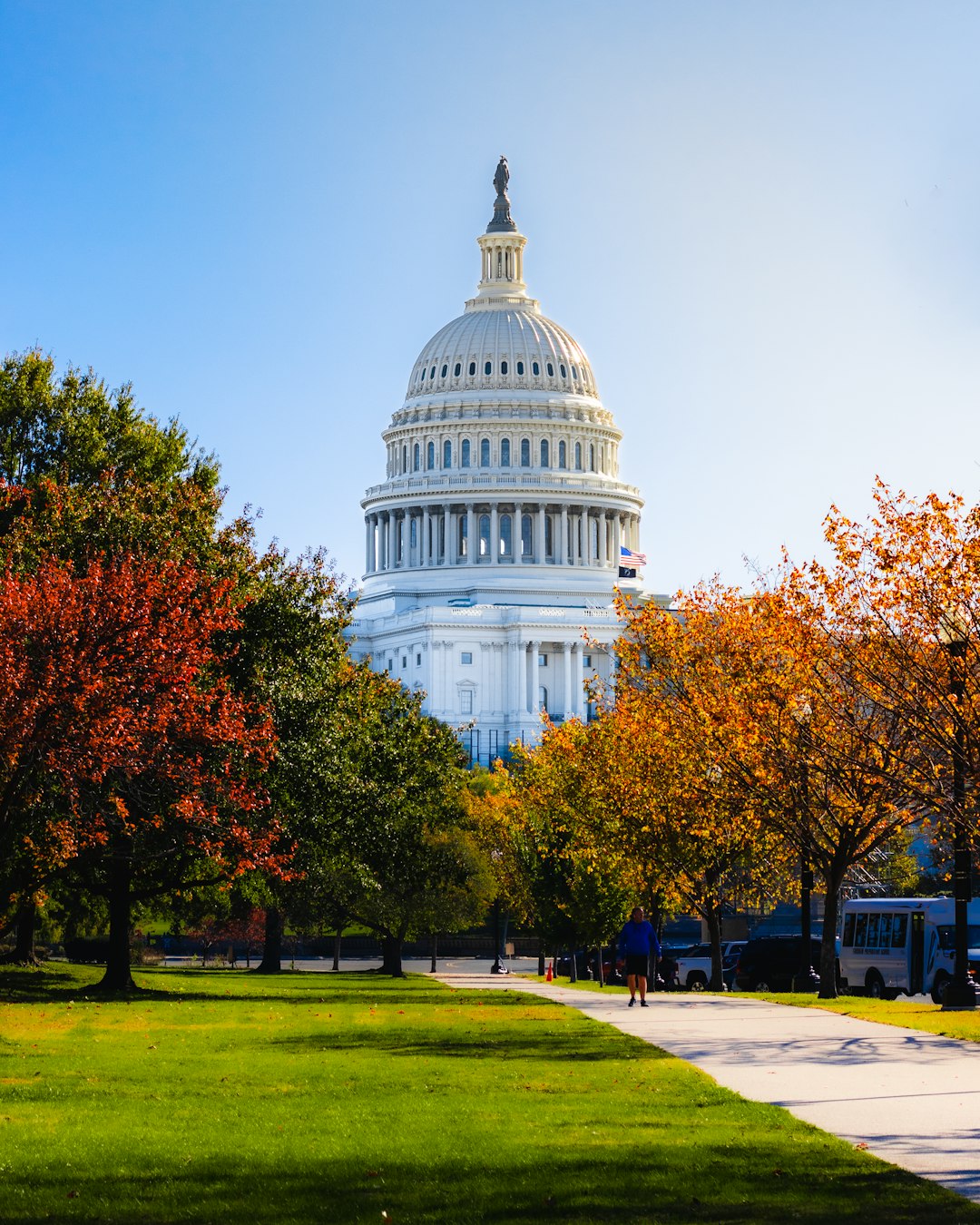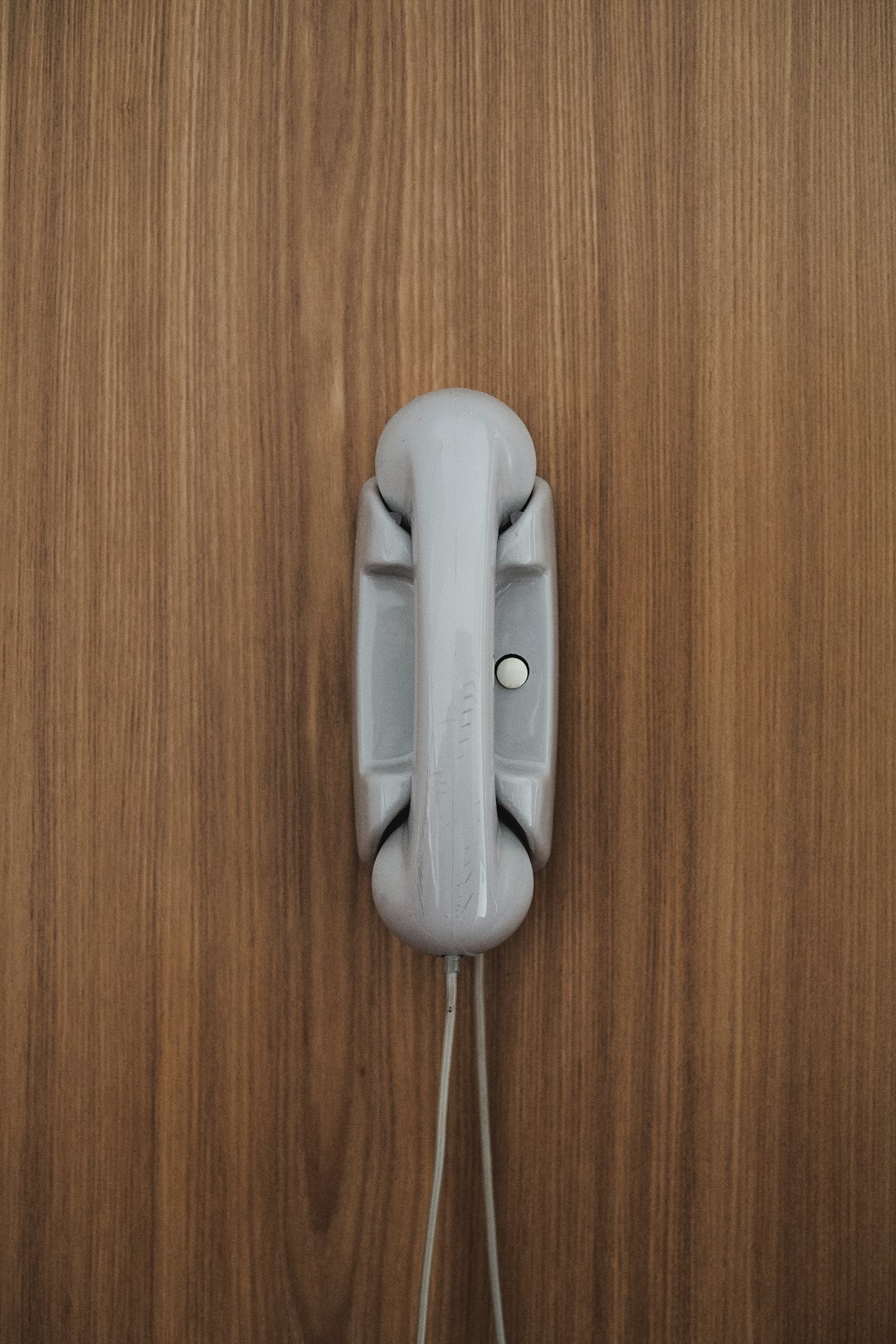Debt collectors in Washington state are restricted from harassing phone calls and false claims, as per federal laws like the FDCPA. Consumers can protect themselves by documenting interactions, saving threatening messages, and reporting unethical "do not call" law firms to authorities. Retaliation is discouraged; instead, assertively communicate desires for harassment to cease and keep records for potential legal action.
In Washington, understanding and confronting illegal debt collection practices is crucial for protecting your rights. This guide delves into the intricate world of unethical debt collectors, equipping you with knowledge about their common tactics. Learn how to recognize violations and take action under Washington state laws. Discover your legal options to report and stop harassment from these collectors, without involving law firms. Empower yourself with this essential information to navigate these challenging situations effectively.
Understanding Illegal Debt Collection Practices in Washington

In Washington, illegal debt collection practices can take various forms, and it’s crucial for consumers to be aware of their rights. One common tactic used by unscrupulous collectors is making harassing phone calls, often pretending to represent law firms. This practice, known as “Do Not Call” violation, is strictly prohibited under Washington state laws. Such calls, which may include threats or misleading statements about legal action, are designed to intimidate and coerce debtors.
Debt collectors in Washington must adhere to strict regulations regarding communication methods and the frequency of contact. They cannot call consumers at unreasonable times, use abusive language, or misrepresent themselves as lawyers or law firms. Understanding these illegal practices is the first step towards protecting oneself from aggressive and fraudulent collection attempts.
Your Rights When Dealing with Unethical Collectors

When faced with unethical debt collection practices, consumers in Washington have rights that protect them from harassment and unfair treatment. It’s important to know your rights and take action if a collector violates them. According to federal law, such as the Fair Debt Collection Practices Act (FDCPA), collectors cannot use abusive or harassing tactics, make false statements about the debt, or contact you at inappropriate times, like before 8 am or after 9 pm on weekdays.
Additionally, they must provide validation of the debt upon request and stop contacting you once you inform them in writing that you dispute the debt. If a collector does not adhere to these rules, you have the right to report them to the Washington State Attorney General’s Office and file a complaint with the Federal Trade Commission (FTC). Remember, do not call law firms in Washington or any other state unless they are your own legal representatives, as this is a common tactic used by unethical collectors.
Reporting and Stopping Debt Collector Harassment Legally

If you’re being harassed by debt collectors in Washington, it’s crucial to know your rights and how to report them legally. The first step is to understand that while they have a right to collect debts, they must do so fairly and respectfully. If a collector uses aggressive or harassing tactics, such as repeatedly calling you, making threats, or demanding immediate payment, these are clear violations of federal and state laws, including the Fair Debt Collection Practices Act (FDCPA).
To stop debt collector harassment, document every interaction, save any threatening messages or emails, and reach out to the Washington State Attorney General’s Office. You can also file a complaint with the Federal Trade Commission (FTC) online or through their Consumer Complaint Assistant. Additionally, consider contacting your local law enforcement if you feel unsafe due to the harassment. Remember, do not retaliate or argue with the collectors; instead, assertively communicate your desire for them to stop contacting you and document everything further to support your case.






